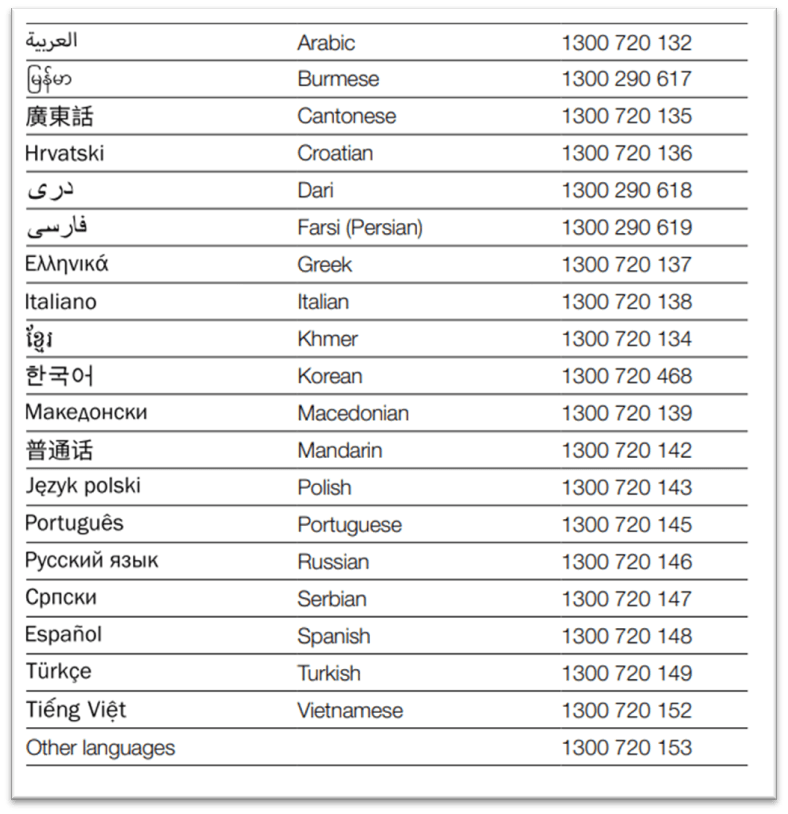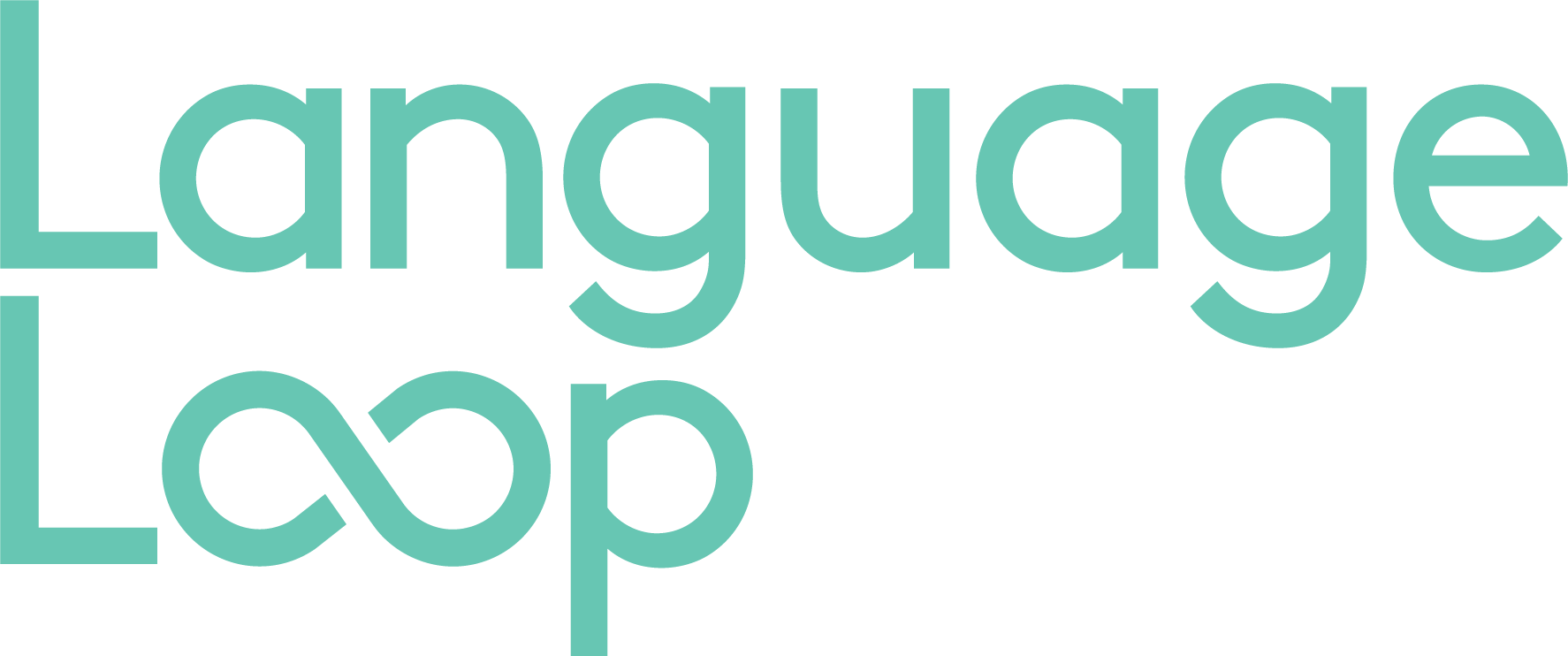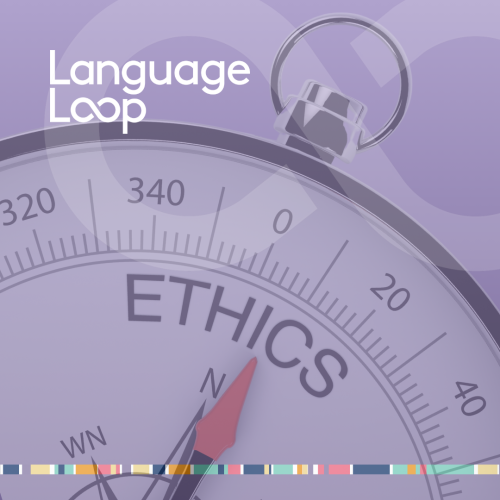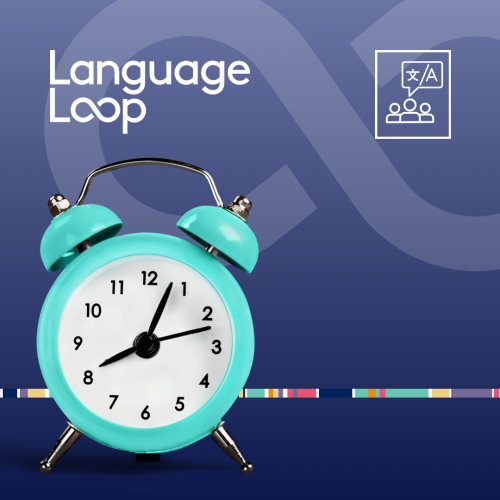Across Australia, 21% of households speak a language other than English at home. And at a time that’s as crucial to the future of the country as the Federal election, it’s essential all residents of Australia understand how the electoral system works. A simple mistake in language interpretation could mean an informal vote and one less vote for the preferred party.
That’s where LanguageLoop comes in.
LanguageLoop is pleased to announce that we will be providing extensive telephone interpreting services for the federal election.
What this means for The Australian Electoral Commission
By providing information to help voters from culturally and linguistically diverse backgrounds, the AEC and LanguageLoop can make sure every eligible Australian has the chance to have their vote counted.
Below is a snippet of the many languages that LanguageLoop can help with.

George Bisas, CEO of LanguageLoop said “LanguageLoop was proud of their long standing relationship with the Australian Electoral Commission. Whilst providing people with advice and information through quality interpreting services we ensure people from non-English speaking backgrounds participate fully in the electoral process.”







